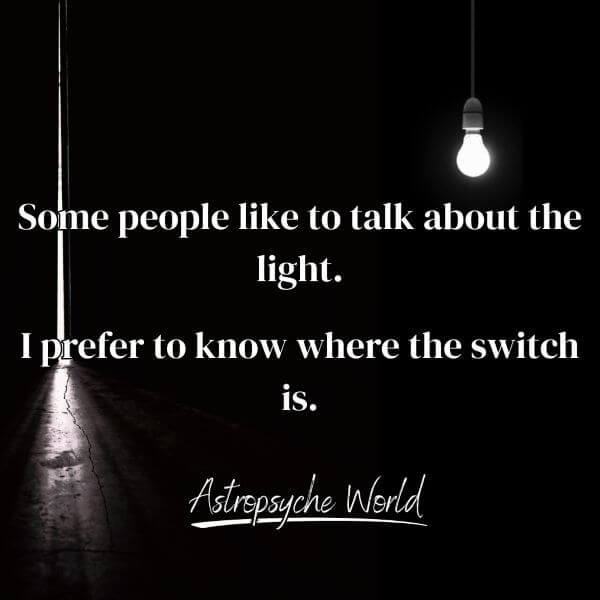
-
Lina - Astropsyche World
-
January 22, 2026
-
Astrology Insight

In the human psyche, according to Jung’s teachings, light and darkness do not exist as opposites that exclude each other, but as poles of the same energy.
Every person carries within themselves both the potential for love and for destruction, for empathy and for coldness, for creation and for manipulation. The difference is not in the existence of darkness, but in the conscious relationship to it.
When consciousness refuses to acknowledge the existence of one’s own shadow—when it separates from feelings, compassion, and the moral core—what Jung calls the inflation of the Ego arises: a false self-sufficiency, a belief that the “I” exists above good and evil. At this point emerges the archetypal figure of the psychopath.
A psychopath is not merely a social phenomenon, nor a medical diagnosis—they are a psychic symptom of the collective unconscious, a manifestation of the part of a person that has lost contact with their own soul (anima) and with other people as mirrors of the Self.
They act coldly because their warmth has been banished to the underworld of the psyche; they manipulate because they no longer know relationship; they control because they fear their own powerlessness.
Astrology as the Language of the Psyche
In astrology, planets do not act externally but represent archetypal functions within the soul.
The Sun speaks of identity and consciousness, the Moon of feelings and attachment, Mercury of thought, Venus of love and relationships, Mars of energy and will, Saturn of structure and boundaries, Pluto of the force of transformation, destruction, and rebirth.
When these energies are in conflict—for example, when Pluto dominates the Sun, or when the Moon cannot express emotion through the water element—a symbolic pattern emerges that can be psychologically associated with the “psychopathic” structure.
Pluto is especially important in this context. It is the ruler of the underworld, the archetype of death and rebirth, power, and control.
When conscious, Pluto brings regenerative strength, deep intuition, and the ability to touch truth. When unconscious, it becomes a force of destruction—a cold will to dominate, the need for others to submit, not out of passion, but out of a sense of superiority.
In this sense, the psychopath is not an “evil being,” but a person in whom Pluto has overtaken the Sun—the instinct for power has overridden the consciousness of the Self.
Jungian Shadow and Moral Amputation
Jung described the Shadow as the sum of everything the Ego refuses to see in itself. In most people, the Shadow occasionally appears through projections, affects, or dreams, and can be integrated through the process of individuation.
In the psychopathic structure, however, the Shadow is completely detached—it lives its own life, unhindered by conscience.
In a natal chart, this often appears as a lack of contact between emotional and volitional functions—the Moon (feeling) does not touch the Sun (consciousness) or Venus (empathy), while Pluto, Mars, or Uranus dominate the chart’s horizon. Symbolically, this means that the warmth of the heart has been suppressed, and cold will has become the ruler.
Symbolism Without Judgment
It is important to understand: astrology does not diagnose; it seeks to understand. No one is
“condemned” by aspects, just as Jung did not believe in the immutability of the psyche.
Every challenging planetary relationship invites consciousness to recognize the archetype that has taken control—to acknowledge, illuminate, and transform what has been repressed.
Thus, psychopathy, in symbolic language, is not an end, but an extreme call to integration: a confrontation with one’s own underworld, with Pluto within oneself.
Written by Lina Astropsyche World